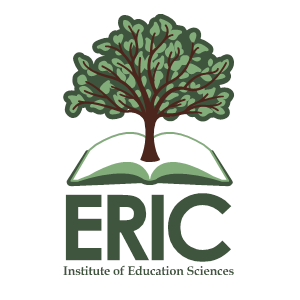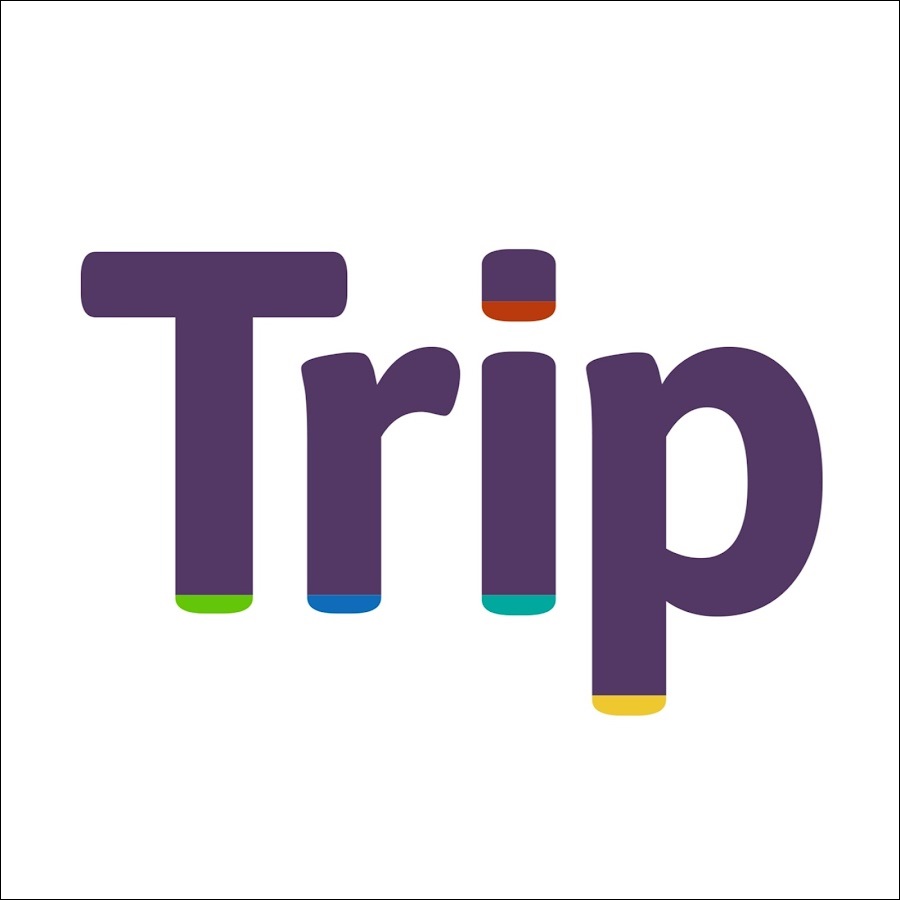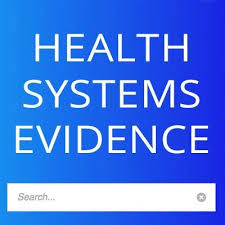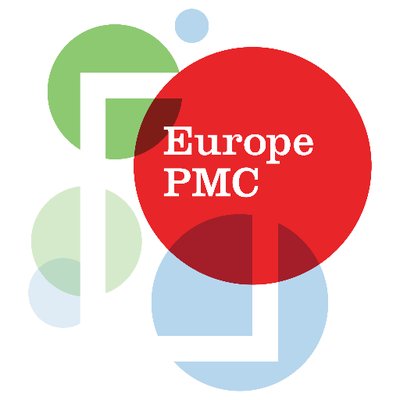
This page contains database recommendations for performing literature searches, as well as saving your search results. For a full list of available databases and collections, see the databases & collections guide.
Related guides
How to access e-resources
 Use your ANZCA college ID (or staff username) and password to access library e-resources.
Use your ANZCA college ID (or staff username) and password to access library e-resources.
 Having trouble logging into e-resources? Try emptying your browser cache, closing and reopening your browser, and trying again.
Having trouble logging into e-resources? Try emptying your browser cache, closing and reopening your browser, and trying again.
 Forgotten your ANZCA password? Try resetting your password using the "Forgot Password?" link and/or messaging the "Technical support" via the college contact form
Forgotten your ANZCA password? Try resetting your password using the "Forgot Password?" link and/or messaging the "Technical support" via the college contact form
 Want to learn more about SSO/MFA at ANZCA? See Protecting your data for more information, including instructions on how to set up MFA/SSO.
Want to learn more about SSO/MFA at ANZCA? See Protecting your data for more information, including instructions on how to set up MFA/SSO.
 Experiencing difficulties, or need help? Contact the Library
Experiencing difficulties, or need help? Contact the Library







Database syntax for searching
Flinders University library have produced a database syntax guide to assist with the searching of most major databases.







Quick links
About ANZCA
Copyright © Australian and New Zealand College of Anaesthetists.